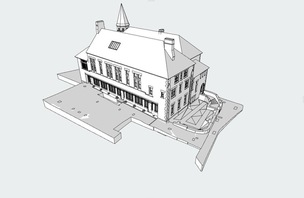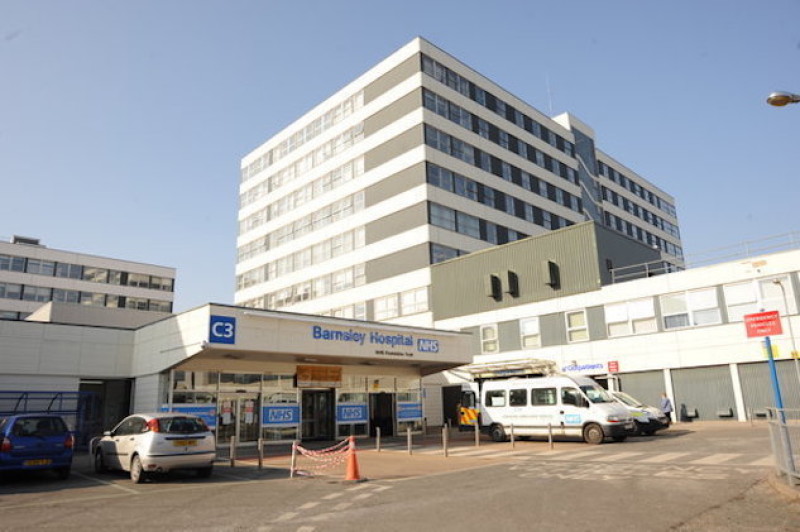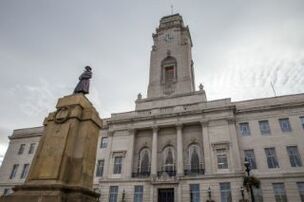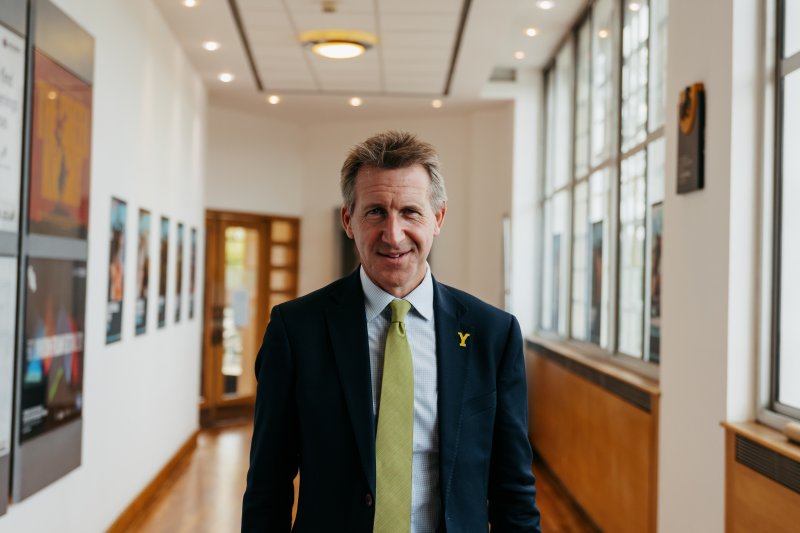THE hyper acute stroke unit at Barnsley Hospital will close by January 2019, health chiefs have confirmed.
The decision was made on Wednesday following a review and consultation.
Hyper acute stroke units, which provide the first 72 hours of critical care after a stroke, were reviewed by Commissioners Working Together, a group of eight NHS clinical commissioning groups and NHS England.
The Barnsley and Rotherham units will be closed and anyone who suffers a stroke will be taken to Pinderfields, Doncaster, Sheffield or Chesterfield for the first 72 hours of care. After that time, if well enough, they be brought back to Barnsley for the remainder of their care.
About 15 people a week need specialist hyper acute treatment, with rapid scanning, assessments and treatments, including thrombolysis - a treatment which should be given within 30 to 60 minutes of the stroke.
The changes aim to ensure the right staff, with the right skills, will be available 24 hours a day, seven days a week in specialist centres. All other treatments and care following the initial few days, depending on how well the patient is, will continue in local hospitals, with patients being taken to their local hospital once they are fit and well enough to do so.
Dr Peter Anderton, stroke consultant and regional stroke lead for South Yorkshire, said: “I want to reassure people that the decision to make these changes is about saving lives and reducing disabilities. All the evidence from across the country where changes have already happened tells us this is the right solution and allows us to concentrate expert staff in the right place.
“Stroke patients treated with thrombolysis within three hours of having a stroke are 10 per cent more likely to live without disability than patients not treated with thrombolysis. At the moment, depending on where a patient lives in our region and how soon they have the tests needed, they do not always have access to the recommended treatments within the critical time period.
“For some patients in Barnsley and Rotherham, it will mean being treated in a hospital that isn’t their local one for around the first 72 hours but it also means they will receive the high quality, specialist care they need. We have been working with our ambulance service colleagues to make sure all patients would be rapidly transported to the most appropriate hyper acute stroke unit to receive their treatment.”
Des Breen, medical director for the Health and Care Working Together in South Yorkshire, said: “The changes are in line with national guidance and recommendations, which have also received support from the Stroke Association, showing that having a reduced number of hyper acute stroke units, with staff consistently using their specialist skills and knowledge, increases a person’s chance of survival and living well after having a stroke.
“Hyper acute care is one part of the stroke services we provide and the wider services, from acute care to community rehabilitation are now being looked at as part of wider work in South Yorkshire to ensure we are providing the best possible care during a patient’s entire journey following a stroke.”




























